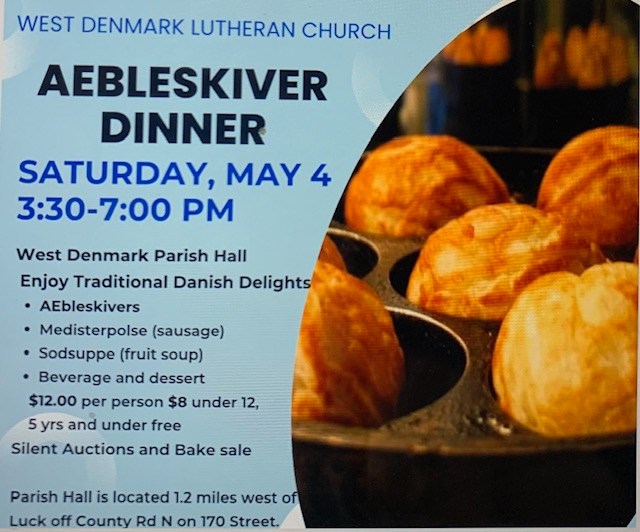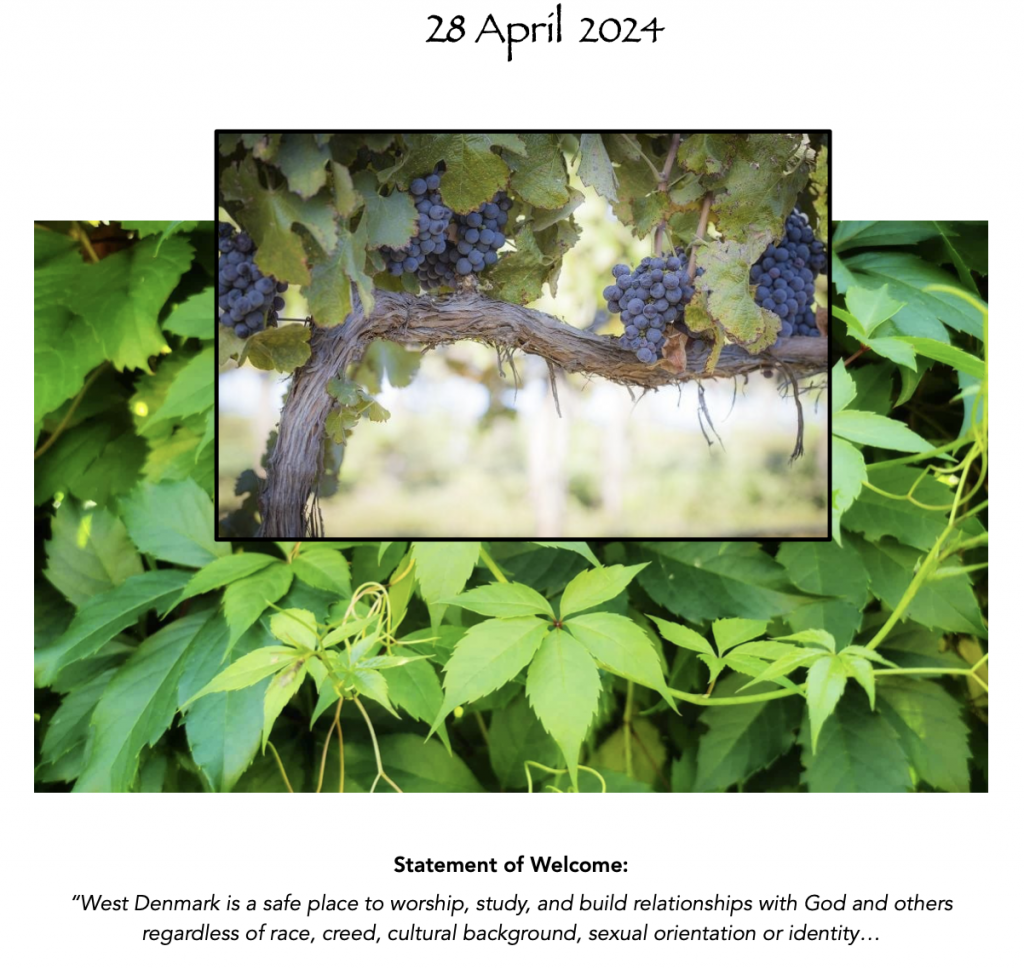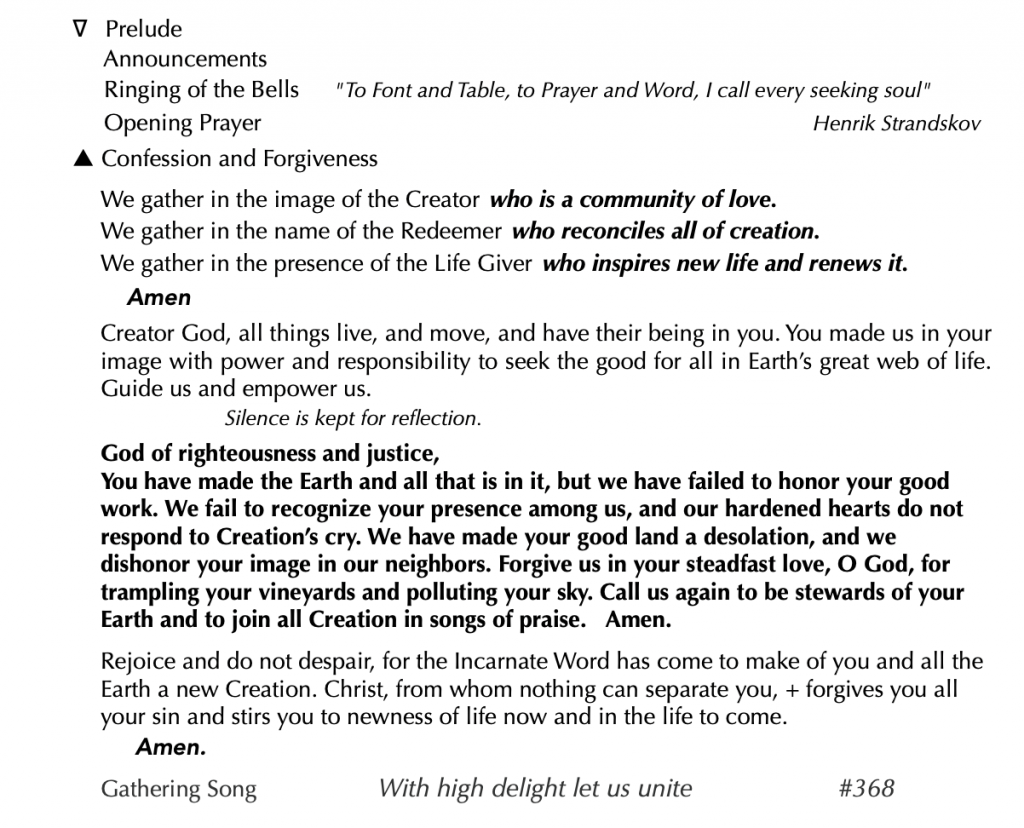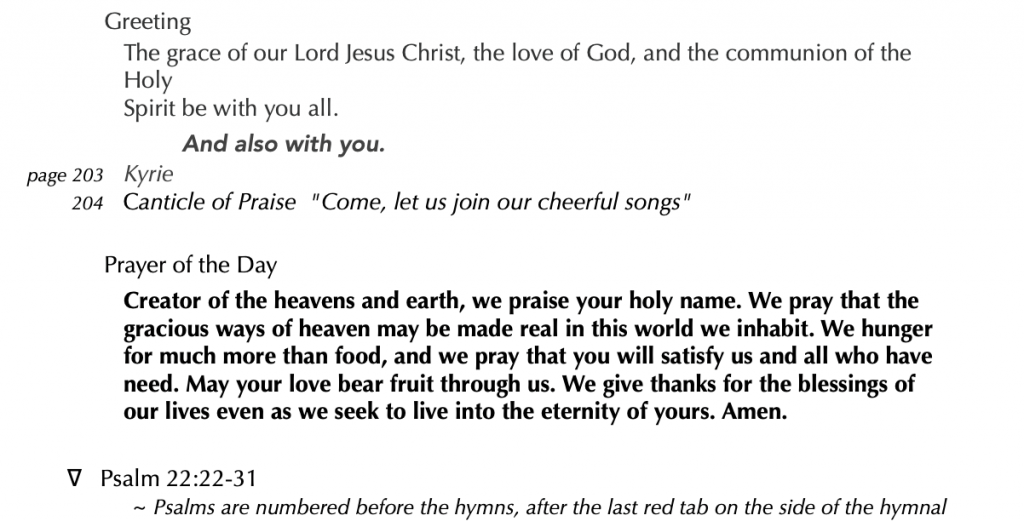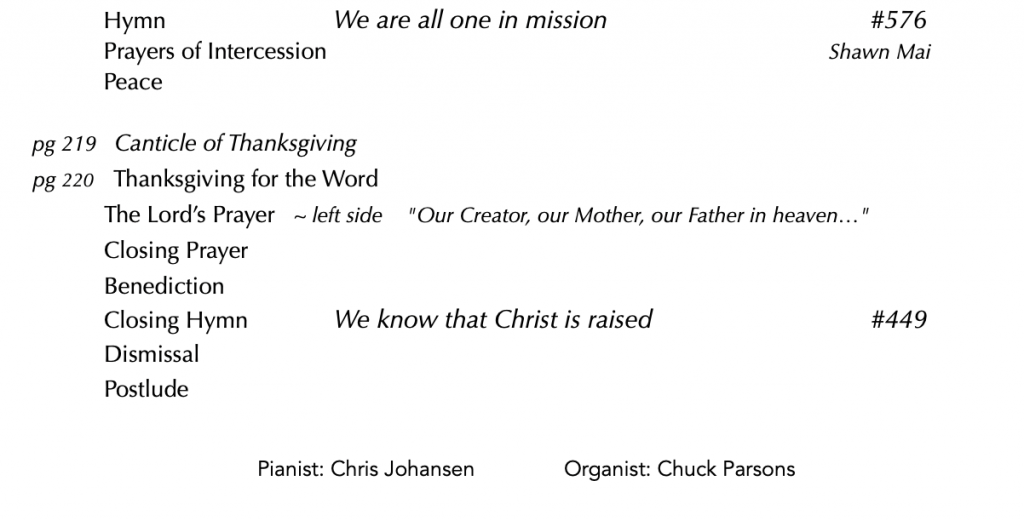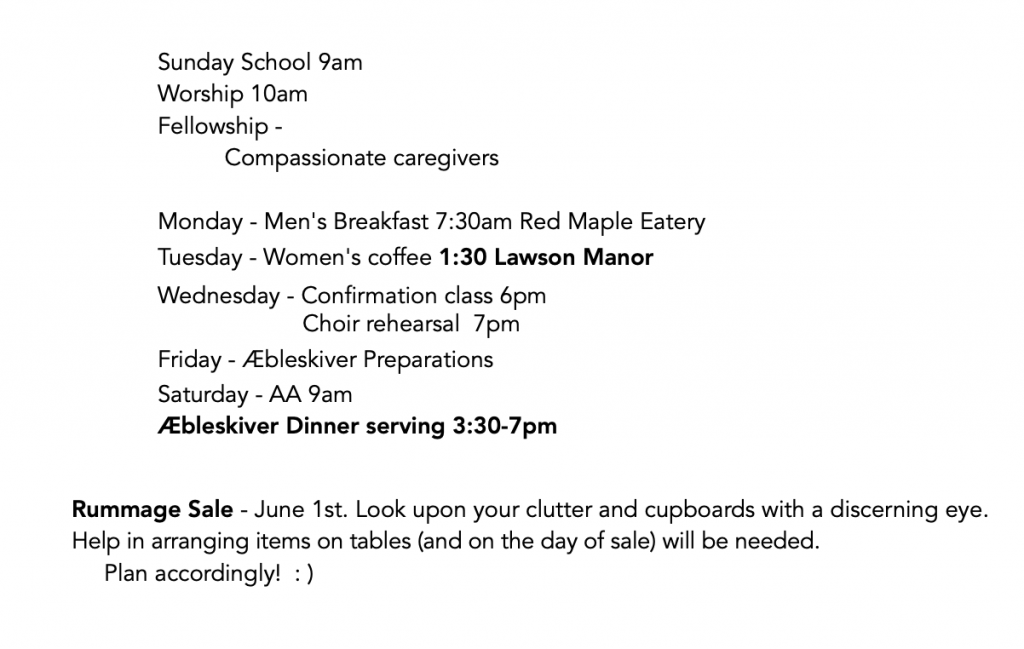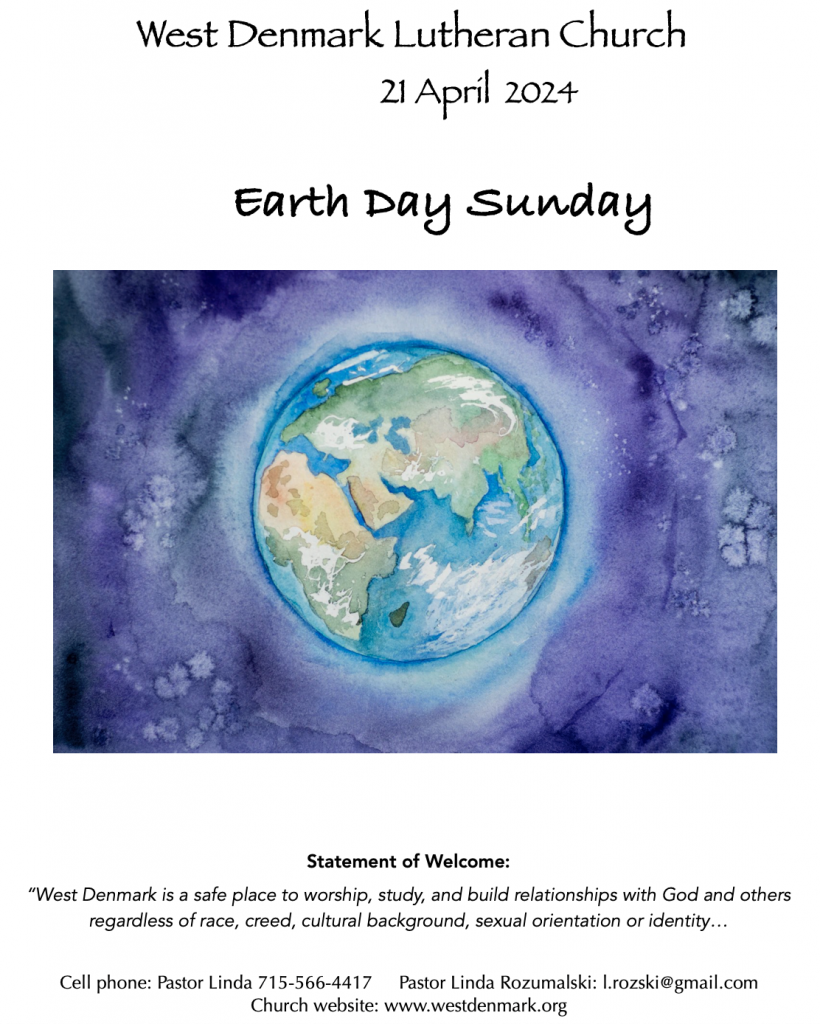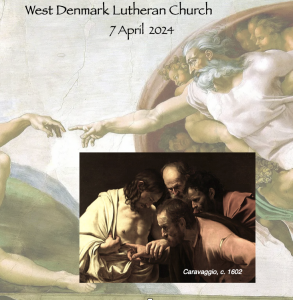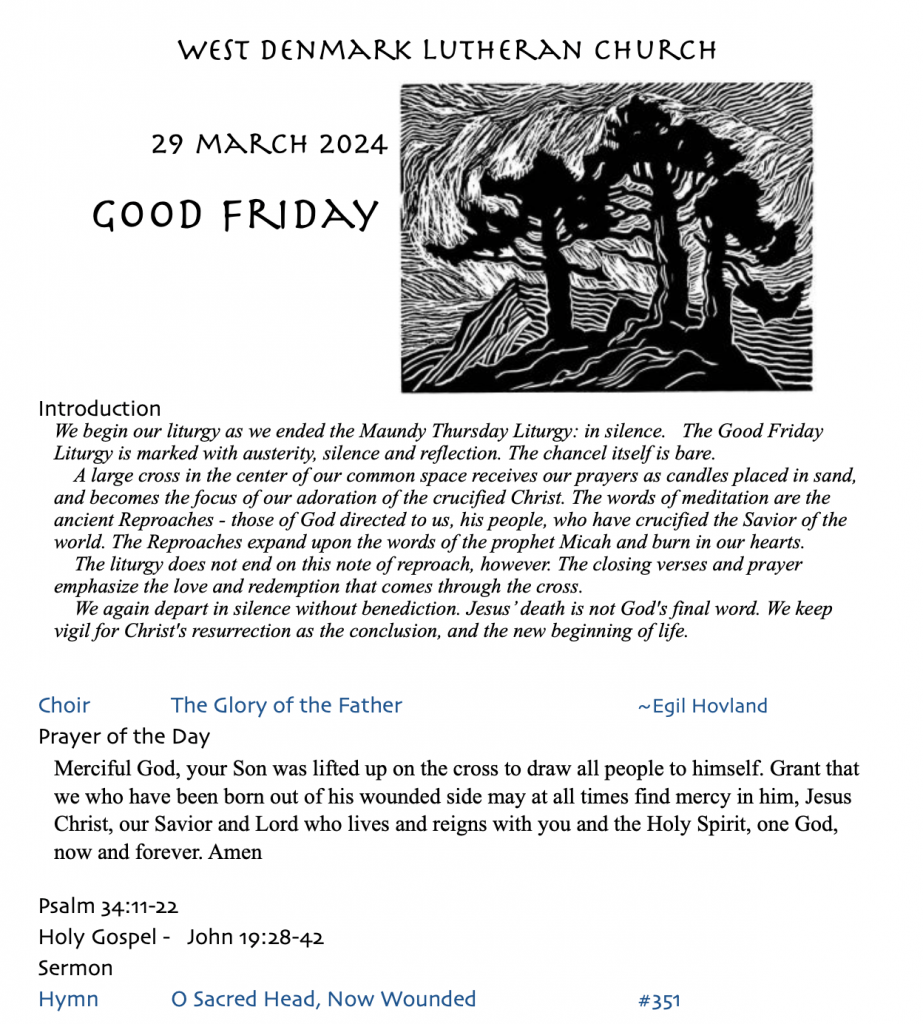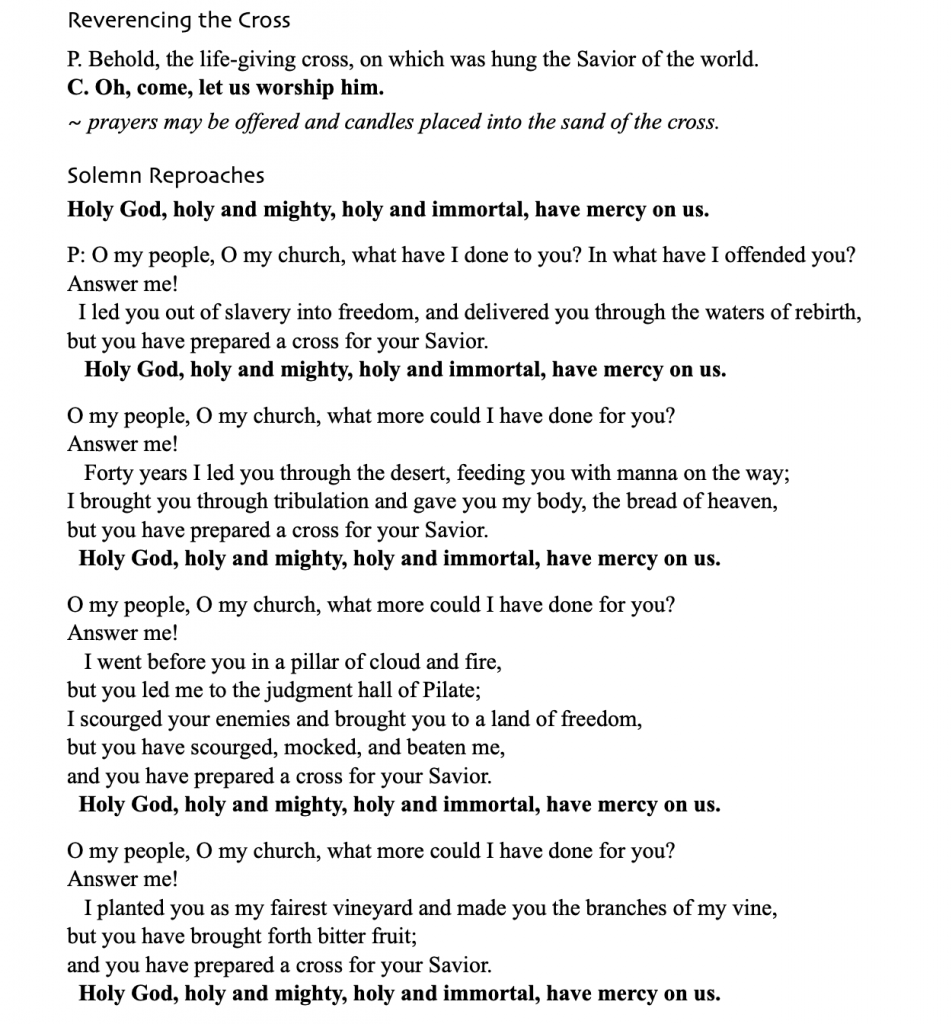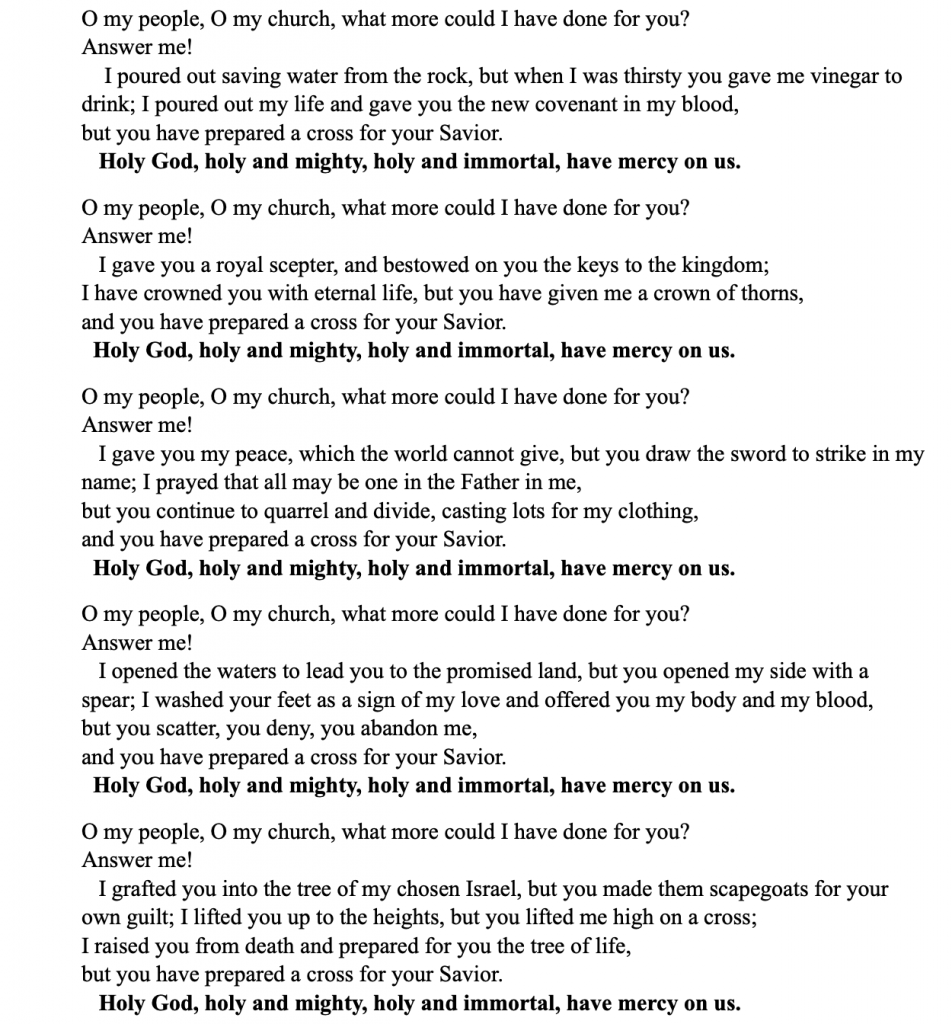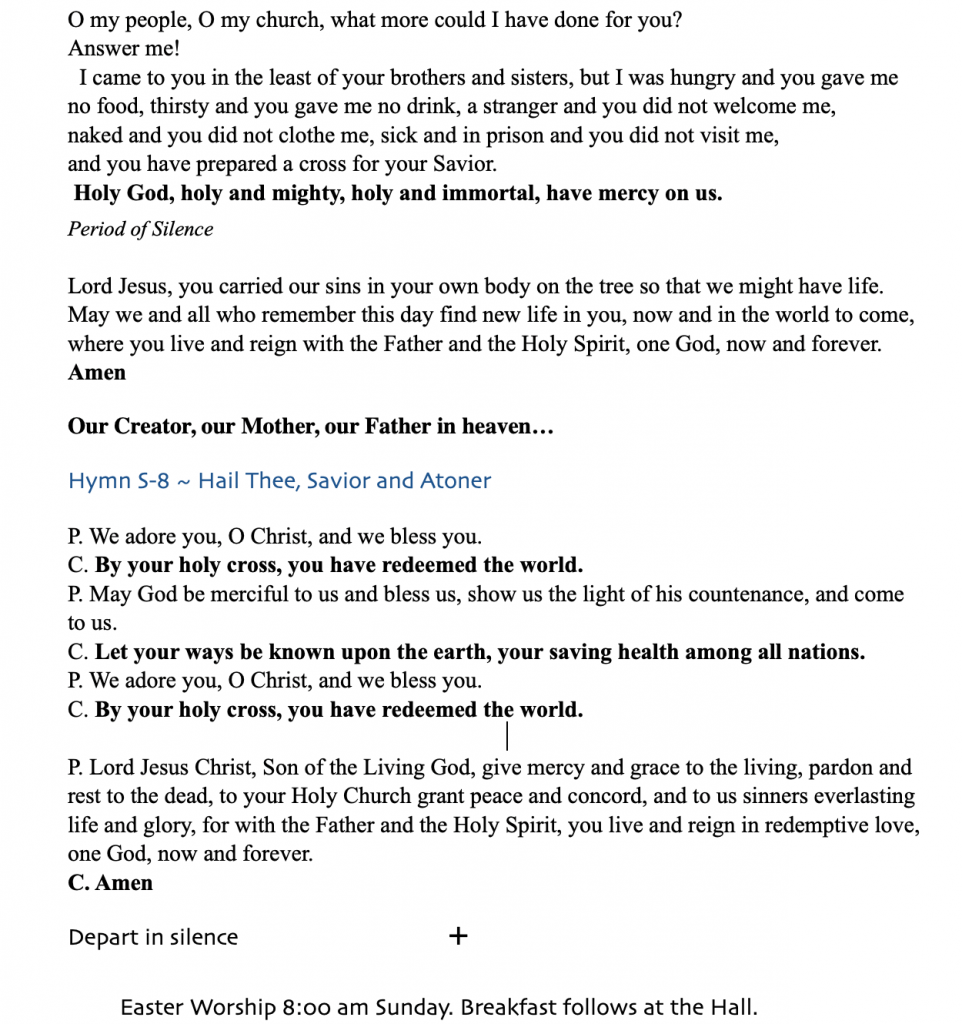


Jeremiah 23:1-6
Woe to the shepherds who destroy and scatter the sheep of my pasture! says the Lord. 2Therefore, thus says the Lord, the God of Israel, concerning the shepherds who shepherd my people: It is you who have scattered my flock, and have driven them away, and you have not attended to them. So I will attend to you for your evil doings, says the Lord. 3Then I myself will gather the remnant of my flock out of all the lands where I have driven them, and I will bring them back to their fold, and they shall be fruitful and multiply. 4I will raise up shepherds over them who will shepherd them, and they shall not fear any longer, or be dismayed, nor shall any be missing, says the Lord.
5 The days are surely coming, says the Lord, when I will raise up for David a righteous Branch, and he shall reign as king and deal wisely, and shall execute justice and righteousness in the land. 6In his days Judah will be saved and Israel will live in safety. And this is the name by which he will be called: ‘The Lord is our righteousness.’
Psalm 23
Mark 6:30-34, 53-56
30The apostles gathered around Jesus, and told him all that they had done and taught. 31He said to them, “Come away to a deserted place all by yourselves and rest a while.” For many were coming and going, and they had no leisure even to eat. 32And they went away in the boat to a deserted place by themselves. 33Now many saw them going and recognized them, and they hurried there on foot from all the towns and arrived ahead of them. 34As he went ashore, he saw a great crowd; and he had compassion for them, because they were like sheep without a shepherd; and he began to teach them many things.
53When they had crossed over, they came to land at Gennesaret and moored the boat. 54When they got out of the boat, people at once recognized him, 55and rushed about that whole region and began to bring the sick on mats to wherever they heard he was. 56And wherever he went, into villages or cities or farms, they laid the sick in the marketplaces, and begged him that they might touch even the fringe of his cloak; and all who touched it were healed.
Biblical commentator, Elizabeth Webb, gives a good introduction to the highly edited reading of the day: “A lot happens in the sixth chapter of the Gospel of Mark,” she writes. “Jesus is rejected in his hometown. He sends the twelve disciples on a mission trip. John the Baptist is killed. Jesus feeds the five thousand and walks on water. These are all major events in Mark’s narrative, so much so that the passages appointed for today pale in comparison. Sure, Jesus heals a lot of people in the end, but otherwise these pericopes seem to have missed the dramatic boat.”
She continues: “But in fact, the passages that make up the Gospel reading today serve in important ways to advance Mark’s central concern: the inauguration of the kingdom of God in Jesus. These verses emphasize Jesus’ identity as the true, divine shepherd, who will guide his sheep into the kingdom; and the nature of that kingdom, through healings that disrupt the economy of this world.”
Okay. As you might have caught, the feeding of 5000 people and Jesus walking on water are the missing creamy center from today’s Oreo reading. I’ve mentioned that I am challenged by the Revised Common Lectionary and the way it chops up readings with some grand plan for preaching. The problem is that it doesn’t tell us what that plan or point is, and so pastors do a lot of head scratching. I may regret this summer experiment, but I’m trying to stay the course and take what each week gives us. So, here we are, with the next 6 weeks hopping over to the gospel of John to tell the parts of the story we’re skipping today. Today, we are pressed to think about these few somewhat boring verses. The disciples and Jesus are busy, pursued, they get no rest, barely time to eat or sleep. The crowds are ever present.
It’s interesting to read this description of Jesus attempting to move around the countryside being mobbed wherever he goes. We have similar current versions of the phenomenon. The crowds who attend the former president offer us a view of what it might have been like. Swifties – those fans who do just about anything to attend Taylor Swift concerts – are another good example. European football teams often garner similarly devoted followings – occasionally with deadly mob crushes resulting.
I am mystified by the impulse to crowd, swarm, mob, or press in. Imagining it gives me the willies. I hang back by the open spaces of even the small theological conventions I attend, sometimes standing in the back, instead of getting a good seat at a table in the midst of the throng where I could actually read what is projected on the slides. I don’t willingly put myself in the middle of a close crowd, so this is foreign territory to me.
Is it the organic energy of a crowd itself? – that “we’re all in this together” vibe – the “you and me and we and us” smuush? Is there some pleasure I’m missing in getting lost, in literally losing yourself, to a mob mentality? Is it wanting to be part of something bigger than yourself, wanting to be included in the orbit of this popular person – becoming, by extension, more than who you normally are? Or is devotion to the person the motivation, and the crowd is somewhat irrelevant, a by-product of the virtual intimacy that one is seeking? I don’t feel those things in a crowd. I feel anxiety. I identify more with Zaccheaus climbing a tree, or those who no doubt straggled at the back of the crowds described in the gospel, observing more than participating.
Whatever the draw or dynamics of the crowd, Mark tells us about Jesus’ reaction to it. He has been wanting to get away, trying to find a place apart, by himself, for at least three chapters. He just can’t seem to manage it. I don’t want to give too much power to this tangent, but it is important to note the things that Jesus (the indwelling being of God) can’t do. God’s power is limited in ways and it’s important to acknowledge that. I’ve made a note for another sermon, for another day, so store that away in the wondering part of your brain for now.
We can imagine the rural, open terrain of Palestine of Jesus’ day. They don’t have woods like we have here. The expression, “you can’t see the forest for the trees” does not apply. I imagine even his small inner circle moving around the barren hillsides or on the open roads between villages would be easy to spot from a distance. And “where two or more are gathered”… more will come and they will bring their sick and sorrowful with them, hoping for a touch, a word; hoping to be held in the gaze of the Son of God. Jesus tries to get his disciples away for a short retreat, a respite, but it’s no good. The crowds have spotters. Jesus’ comings and goings are noted.
Instead of yelling at the crowds to leave them alone or refusing to do the godly work expected of him, we are told Jesus feels compassion. The commentaries on this passage want us to be aware of this word. Emotions in our culture are primarily ‘thought’, but with a little encouragement, you’ll realize that we feel emotions in our stomachs, in our bowels – butterflies, anxiety, fear – these are things our bodies recognize before our minds interpret them. The word compassion in Greek is a gut word. Their need affected him. Looking at them, seeing the flock crowding around seeking a shepherd, Jesus felt their longing in his belly and melted. That is another part of the Greek understanding of passion. One’s insides melt.
The healing and teaching activity of today’s reading is a continuation of what was happening earlier in the chapter. Last week was an aside. Herod heard of the activities and success of Jesus and his disciples, of the thousands following them, and Herod became afraid. Mark wants us to make the same comparison that Herod perceived between the one with real power and the poser. He first saw it in John, and then an increase in Jesus. We have been told that Jesus taught with authority unlike the scribes and rabbis – the traditional teachers of scripture and God’s law. He healed conditions the physicians could not cure, but rather made worse. Jesus possessed authentic power given by God, not by government or wealthy benefactors — Herod knew, and his fear grew.
I think the lectionary omits the two miracle stories from this pericope so that we don’t miss the ongoing work, the actual mission of Jesus. He came to teach of the ways and will of God. He came to be an opening, an interface, with the kingdom of God. Approach Jesus and you are near the kingdom, touch even the hem of his garments and you have touched the splendor of God’s glory and have been changed.
We can get distracted and overawed by the miracles. We can get hung up on issues of faith – is faith a prerequisite to healing? Did people then – do people now – come to believe because of miracles? Is that what Jesus is about? Not according to today’s reading. Instead of signs and wonders, Jesus was intent on showing the everyday, always present, earthly concerns of God for life. Food and healthcare and justice. Compassion and welcome. “What does the Lord require of you, O mortal, but to do justice and love kindness and walk humbly with our God,” said the prophet Micah. That message was enacted by Jesus, and still holds true today.
And we are still, perhaps always, a people without a shepherd. That’s another reasonable reason to postpone the miracles for a week…so that we can consider our drifting, longing, shallow-rooted lives. I mean, we’re not hopeless and pathetic, we have strengths and resilience and plans and capabilities, but still, deep down, we also have wounds, fears, griefs that our abilities can’t fix. We, too, come to Christ for a reason that is more than tradition or duty. Justice, food and healthcare are evidence of the world working according to God’s design of abundant, thriving life for all creatures — but well fed, healthy, prosperous people still have deep need for a relationship with, a sense of being within, the being of God.
How do we address that? How do we access a relationship or presence with God’s spirit? I wish there was a personal, physical being to touch, a relic to kiss, some tangible, reliable ‘thing’ that would imbue us with certainty, with healing for the wounds we carry. Connecting with an essence, a spiritual awareness is less reliable. It leaves too much room for distraction and doubts.
Actually, there is a personal, physical body, but we have to create it. This gathering becomes our ‘crowd’. Gathering for communal worship, praying together in word and in song, checking in with one another, shaking hands and making eye contact, sharing a meal hosted by Christ, promoting justice, living into kindness and mercy, providing food — these are all ways we become that body of Christ for one another and for ourselves. We give and receive the power of God if we condition ourselves to see it, to meet it here time and time again, in good times and bad, in ordinary and calamitous days. It may be the intention and repetition that allows us to receive God in all things, even in this small crowd clamoring for Jesus’ touch.
Pastor Linda













